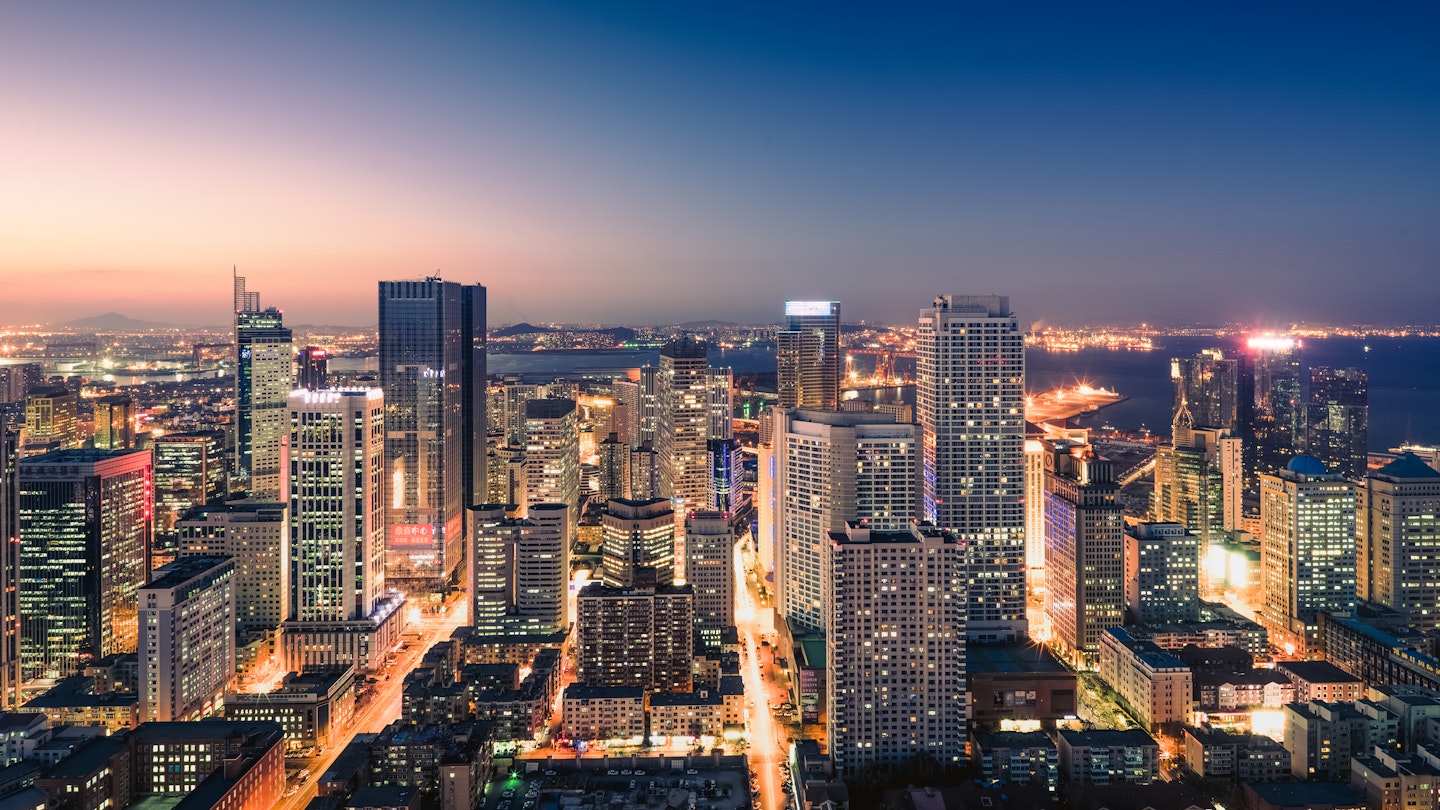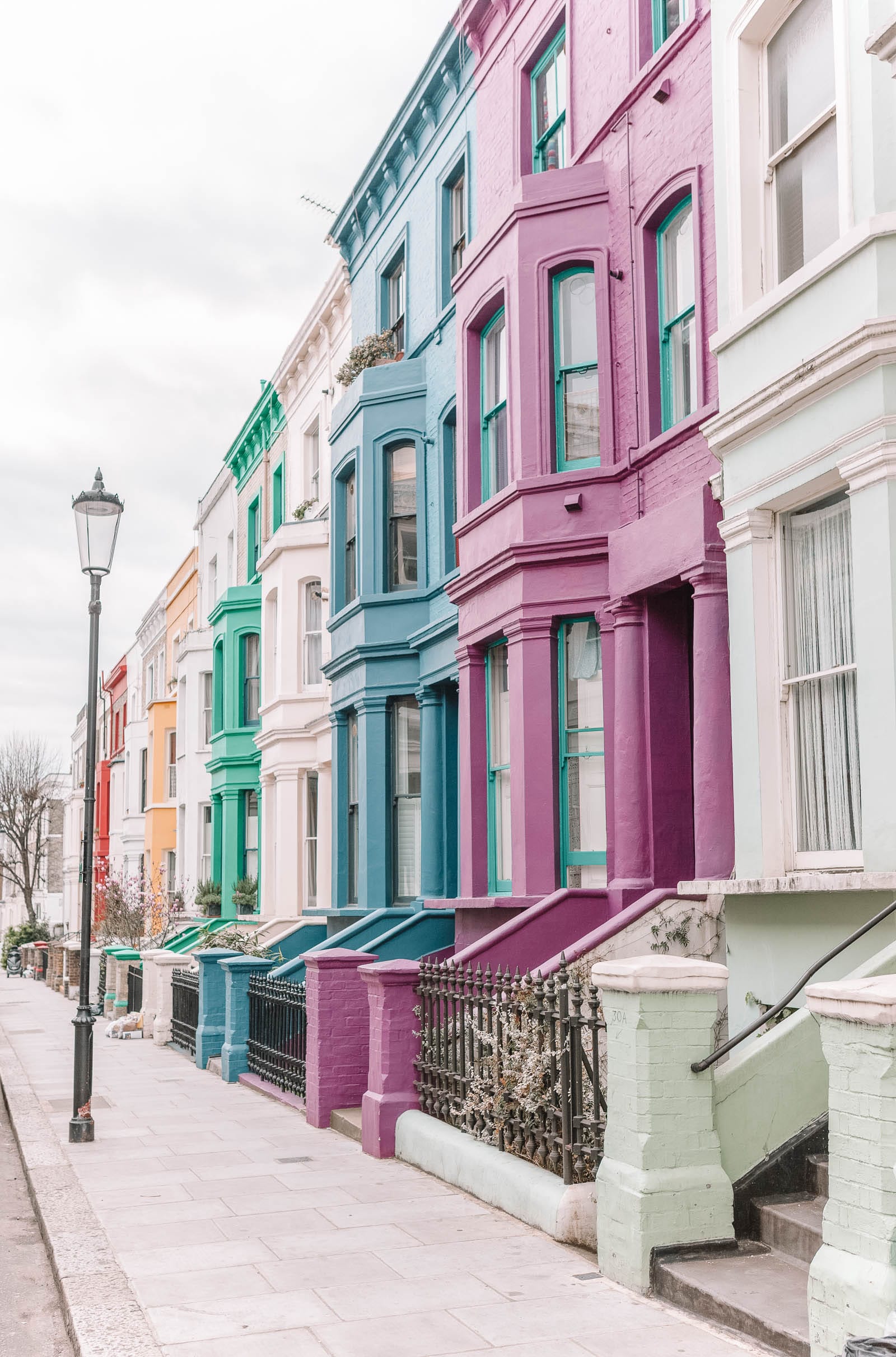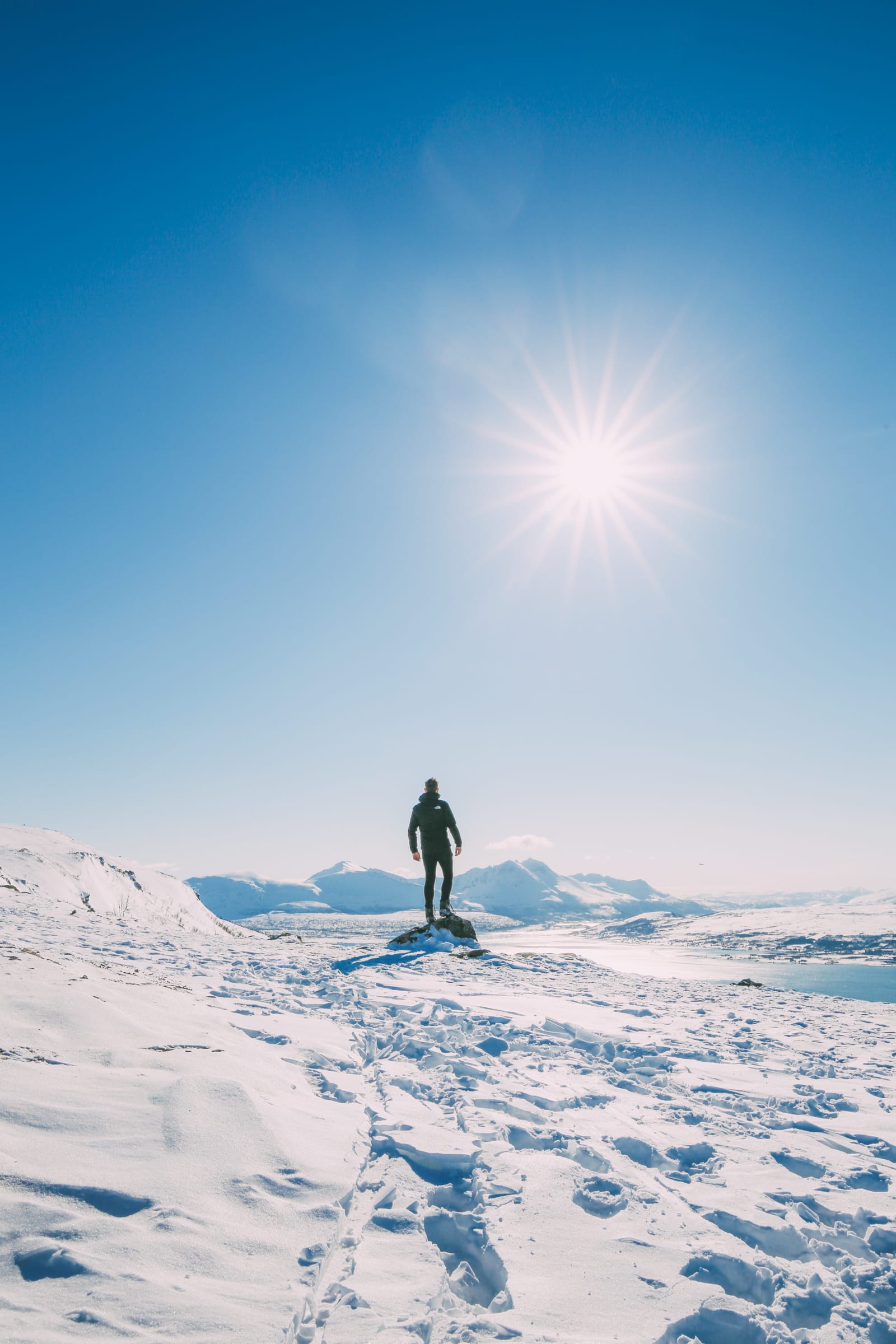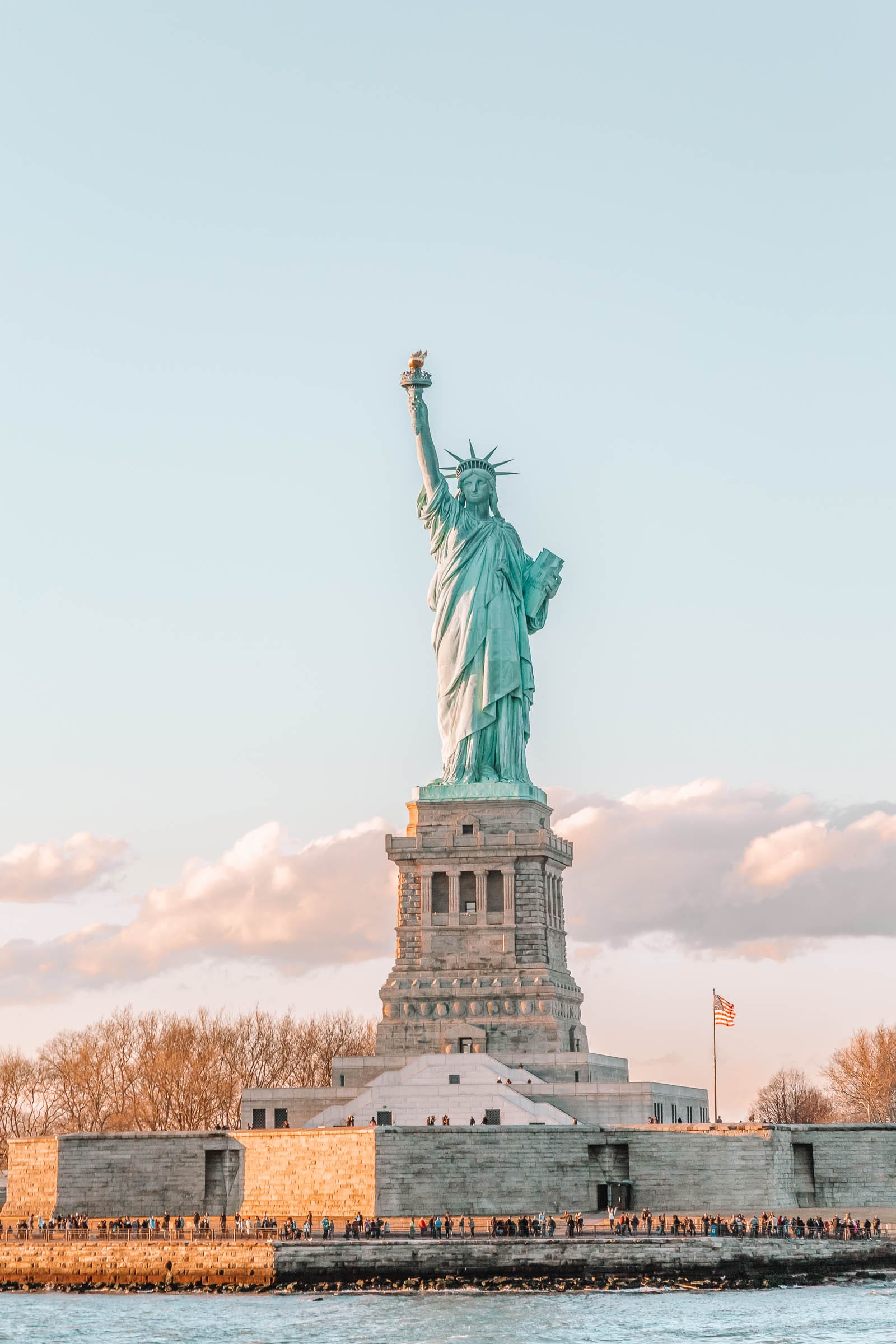48 Hours in Shenyang: A Cultural Journey
The biggest city in northeast China was once – briefly – the capital of the Qing dynasty, before the all-conquering Manchu moved to Beijing in 1644. Shenyang’s magnificent Manchurian legacy is best explored via its UNESCO World Heritage palace complex, royal tombs, and hearty, game-rich cuisine, while China’s biggest Korea Town adds a multicultural vibe. Here’s how to spend 48 hours in the buzzing metropolis of Shenyang.
Day 1
Morning
Kick off your first day with a dose of history and culture at the Shenyang Imperial Palace. Built in 1625, this UNESCO-listed site has all the pomp and architectural symmetry of Beijing’s Forbidden City on which it was modeled, but on a far more manageable scale for visitors. The visionary behind it was an ambitious chieftain named Nurhaci, who militarized his people, the Jurchen, and proclaimed himself Khan. Moreover, Tibetan and Manchurian influences are keenly felt in Shenyang Imperial Palace, with its 300 rooms revealing a uniquely northern brand of luxury afforded to the founding emperors of the Qing dynasty – bearskin rugs, furniture made of deer horn, and raised beds with ingenious heating for Shenyang’s icy winters.
Afternoon
Hop from one grand crib to another – a European-style mansion (c1914) in Shenyang that was the home of Zhang Xueling, the warlord ruler of northeast China for a time after the fall of the Qing dynasty. The Former Residence of Zhang Xueliang is a heritage playground of 74 rooms artfully melding Chinese and Western architectural styles. However, even more interesting is the story it tells of its owner, the ‘Little General,’ who famously kidnapped Chiang Kai-shek in 1936 until the generalissimo agreed to unite with the Communists against the invading Japanese. This audacious act earned Zhang four decades of house arrest in Taiwan, before he was eventually proclaimed a patriotic hero.
Night
Worked up an appetite? Dōngběi cài (‘northeast cuisine’) is the rich, hearty, and fortifying fare of these parts. Think slow-cooked stews of meat and game, pickled vegetables, cabbage and eggplant, with potatoes, corn, and wheat preferred over rice. The region’s venison, a legacy of the Manchu hunting tradition, is a notable specialty, best sampled at Lumingchun (Spring Deer), a restaurant established in 1929 in Shenyang and now with three branches. Splash out on a grand Manchu banquet, or snack on a venison ‘sandwich’ (lùròu huǒshāo) – tender braised deer meat in warm sesame bread. Furthermore, earthy mushroom dishes and warming soups will ensure you don’t go to bed hungry.
Day 2
Morning
After breakfast, head into the peaceful woodland of Beiling Park where the tomb of Huang Taji, the second Qing Emperor, is located. The son of Nurhaci, it was he who changed the name of his people from Jurchen to Manchu. His ceremonial mausoleum is one of Shenyang’s most captivating sights. Two banks of stone animal statues guard the ‘sacred way’ to the tomb buildings, which are girdled by stone battlements with views of the surrounding lakes and woodland. In summer, it’s a popular spot for family outings; during the winter, you might have the whole park to yourself.
Afternoon
For a dose of genuine nature, get away from it all with a visit to the Qipanshan Scenic Area on the outskirts of Shenyang. A trio of mountains, pristine forests, and Xiu Lake convene to provide a wealth of outdoor activities and pretty scenery for every season. Moreover, the area comes into its own particularly during winter as the site of the Qipanshan Ice and Snow World: a carnival of wildly ambitious ice and snow sculptures, skiing, ice-skating, snowmobile riding, and more. If you’d prefer to stay inside, the Liaoning Provincial Museum has three floors of exhibits detailing the region’s cultural and artistic history from prehistoric times to the late Qing dynasty.
Night
Cap off the trip with a bite in Shenyang’s bustling Korea Town; known locally as Xīta (West Pagoda) after a Tibetan Buddhist Temple at the heart of a neighborhood home to some 30,000 Korean Chinese. Here, too, Koreans from North and South mix, and you can find shops selling dried fish, kimchi, and stone pots for bibimbap, Korea’s famous rice dish. After dark, it’s a foodie paradise, with restaurants lining Xita Jie offering everything from sizzling Korean-style barbecue to Pyongyang cold noodles, washed down with imported Korean beer and copious amounts of soju, a clear rice spirit. If you want to keep the party going, there are plenty of KTV (karaoke) parlors where you can belt out the latest K-pop hits all night long.




